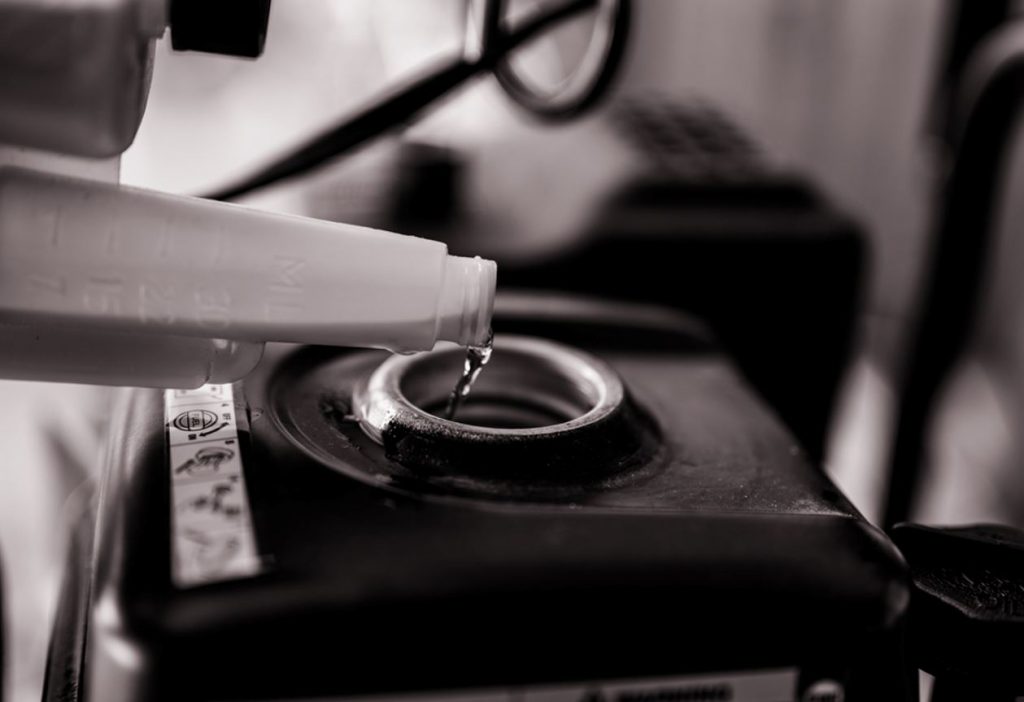Diesel fuel additives aren’t for everyone. Lots of products and additives claim to boost fuel efficiency and reduce wear and tear, but these claims are often bold and unvetted, leaving drivers to wonder if fuel additives are really worth it. The answer depends on what you’re trying to achieve and how much you’re willing to spend.
Use this guide to learn the truth behind diesel fuel additives so you can prevent engine damage without wasting your money on useless products.
What Are Diesel Fuel Additives?
Lots of companies make additives for diesel fuel. These products are used to increase the quality of the fuel running through your system. Carbon deposits will form inside the fuel system, which can clog important components and reduce fuel efficiency. In most cases, the fuel additive will get rid of excess carbon buildup and other debris that can damage your engine over time. Some products will lubricate the internal components of your engine, while others will make the combustion process more stable.
Some experts say it’s important to use diesel fuel additives every time you fill up, but that’s not always the case. Some products are, at worst, a waste of money, while others can actually damage your engine if you use them incorrectly.
Different Kinds of Fuel Additives
There are several kinds of diesel fuel additives to choose from, including:
Fuel Stabilizing Additives
These products are designed to make your diesel fuel more stable. The U.S. generally offers quality diesel fuel across the country, but the quality can vary from time to time. Some fuels can suffer from oxidation or degradation, which can lead to engine problems, including oxidation, cold weather problems, and internal damage. The additive increases lubrication while breaking up debris and growths that can clog your engine.
Cetane Boosters
Every type of fuel comes with a set cetane value, usually around 40 or above. The higher the cetane count, the more efficient the fuel. Cetane boosting additives can help increase fuel efficiency by slowing down fuel consumption. This can also speed up the ignition to start time as the engine starts burning fuel right away.
Fuel Injector Detergents
Every diesel engine uses fuel injectors to send fuel to the intake valve. They also regulate the fuel pressure to make sure fuel keeps running through the system. If the pressure starts to wane, you may have trouble starting the engine. The fuel can clog the injectors over time if buildup starts to occur. Fuel injector detergents are designed to clean off the injector nozzle so the engine works at peak efficiency.

Anti-Gel and Corrosion Additives
Some products are designed to protect against certain problems such as fuel gelling and corrosion. Diesel fuel may gel or corrode over time, which will damage the internal components of your engine. Extreme cold temperatures will also cause the fuel to gel, making it harder for your engine to process the fuel. Diesel fuel usually starts to gel at 10°F (-12°C) or below.
These additives keep the fuel at the right temperature and viscosity so it runs through your engine.
Potential Benefits of Diesel Fuel Additives
Overall, using these products can lead to major benefits down the line, such as:
Less Wear and Tear
Most additives increase fuel quality so your engine runs at peak efficiency. These products can help prevent common problems that lead to costly repairs down the line. Some additives will even add a protective coating to prevent key components from breaking down.
Fuel Efficiency
Additives can also help your engine process fuel more efficiently, so you don’t have to pay as much at the pump. The product may change the temperature or velocity at which the engine burns the fuel. You may see a higher engine capacity and more horsepower without sacrificing fuel efficiency.
Reduced Emissions
Poor engine maintenance can lead to increased nitrous oxide emissions. Diesel additives can help you prevent hazardous emissions that pollute the environment and pose a danger to those with respiratory conditions.
Better All-Weather Performance
Cold weather can cause diesel fuel to crystallize, which can damage your engine or make it stop running altogether. Certain additives will help your engine run better in cold weather by breaking up the fuel.
Do You Need to Use Fuel Additives?
There are some benefits to using these products, but that doesn’t mean everyone needs them.
The post Are Diesel Fuel Additives Worth It? What to Know About Diesel Fuel Additives appeared first on Automotorblog: Daily news on cars and motorcycles.
from Automotorblog: Daily news on cars and motorcycles https://ift.tt/3ENoOUB
tiktok mavi tık thank you for your dijital effort
ReplyDelete